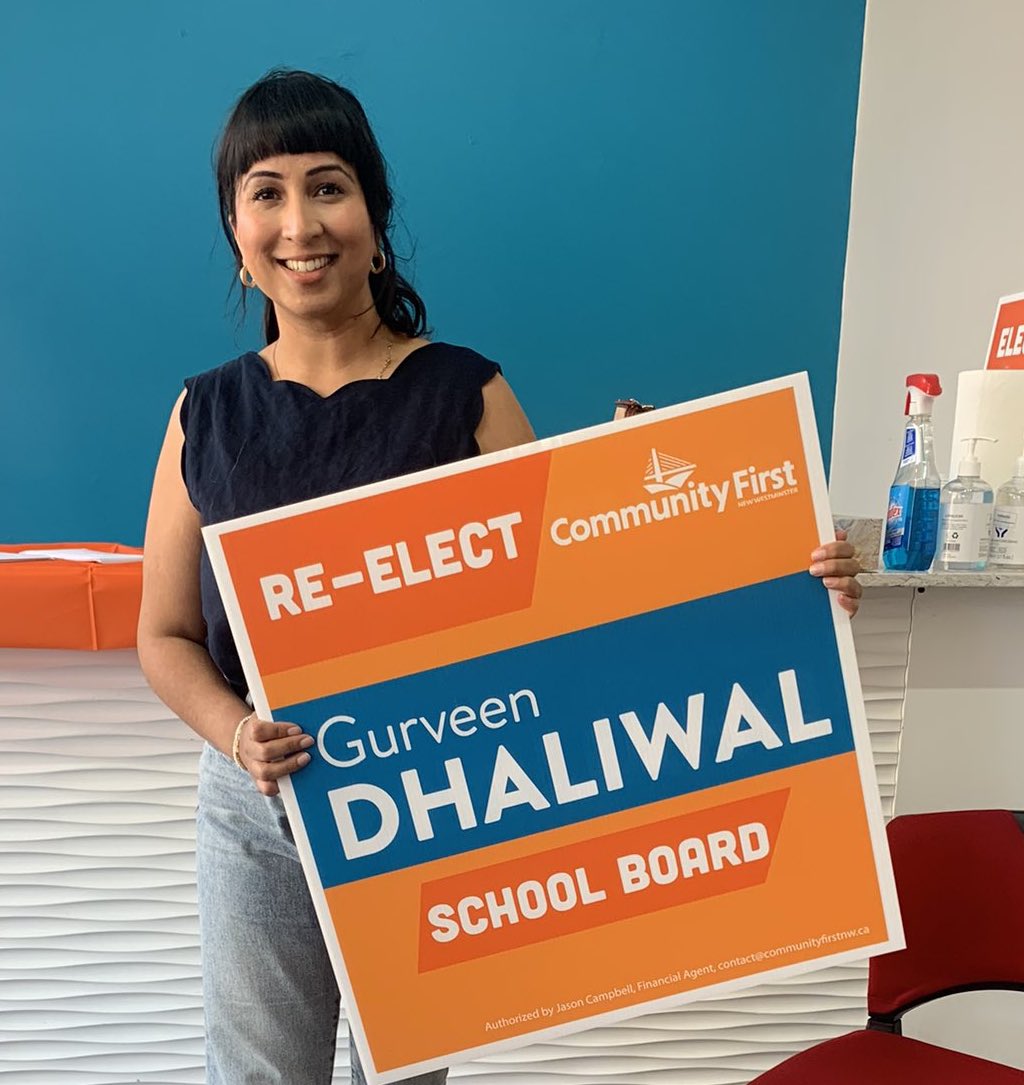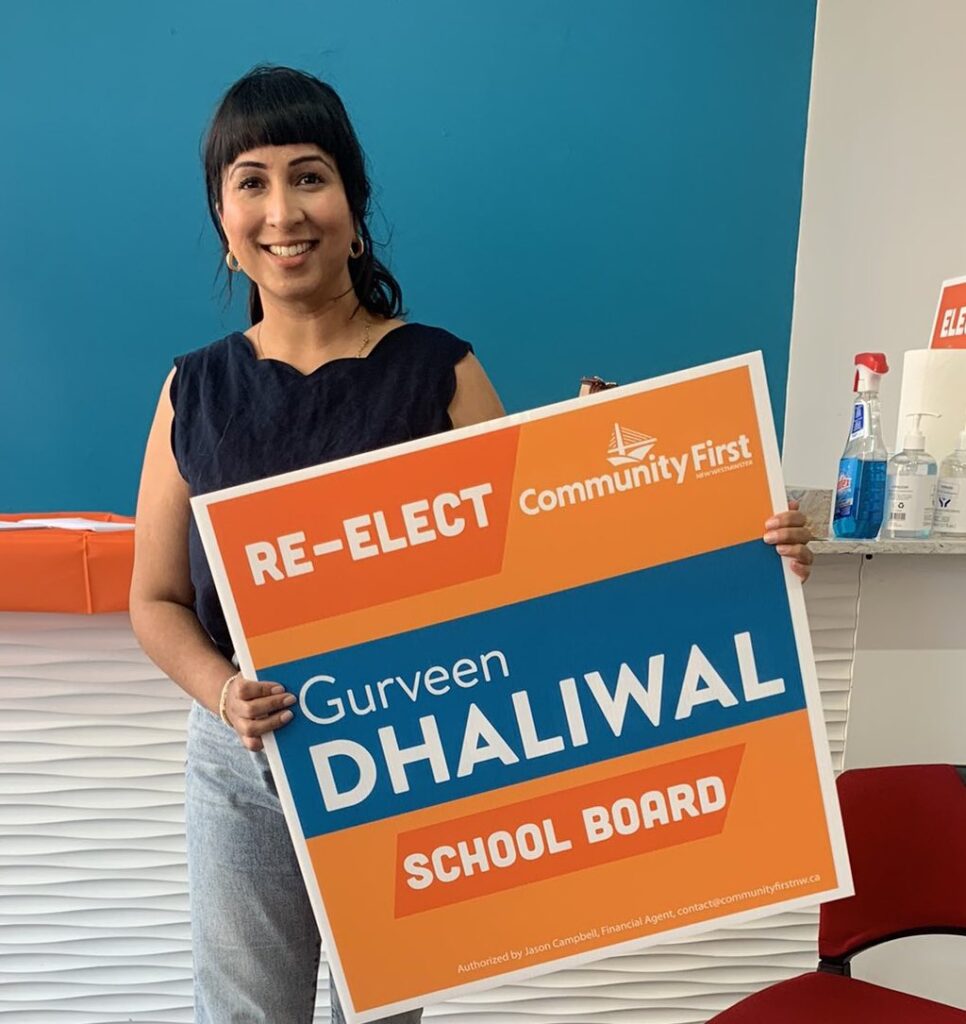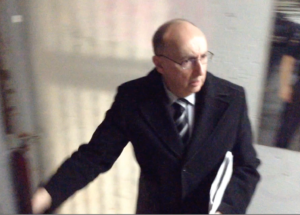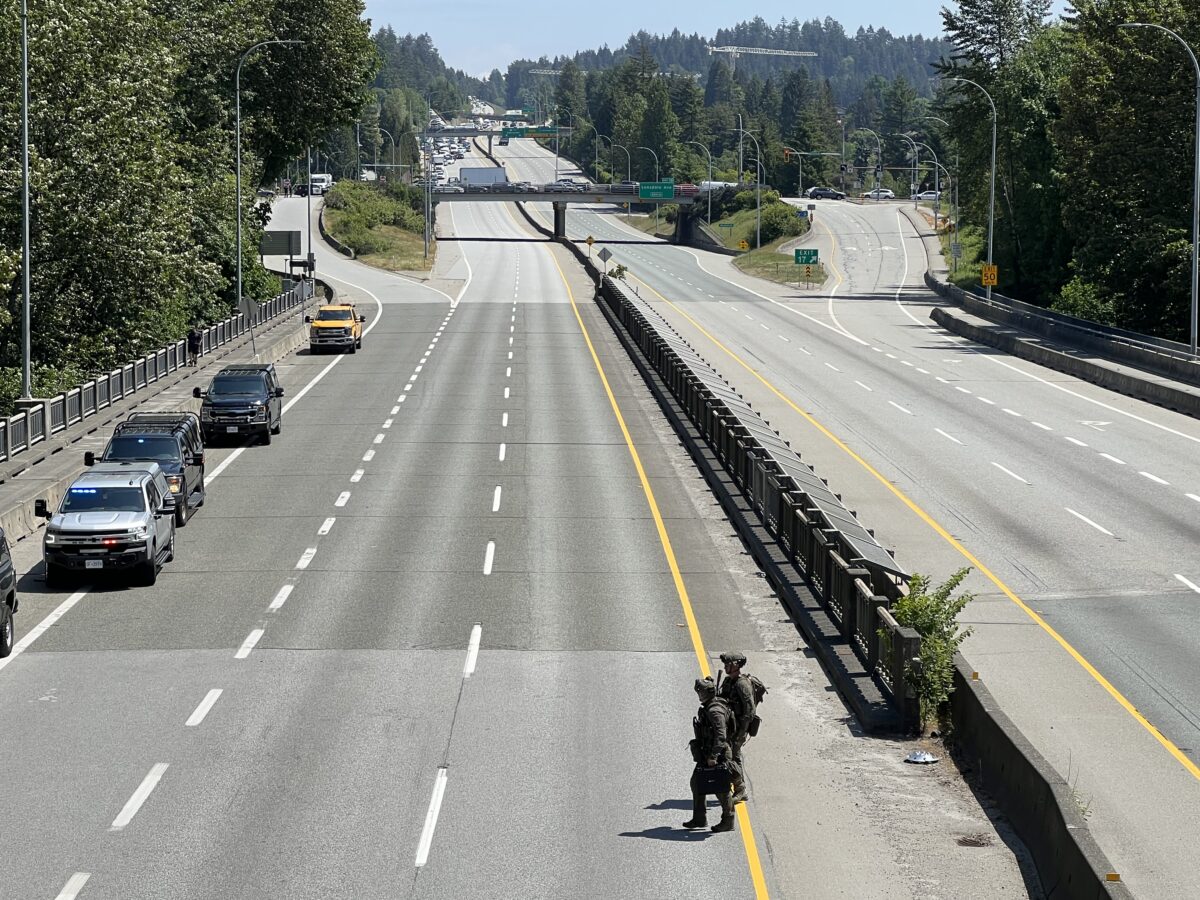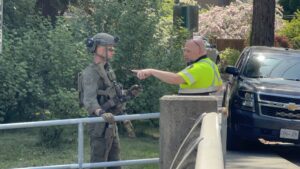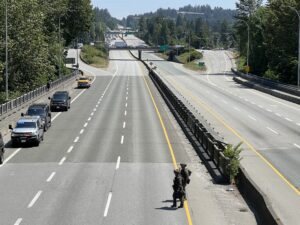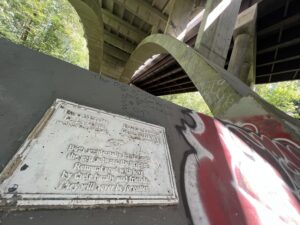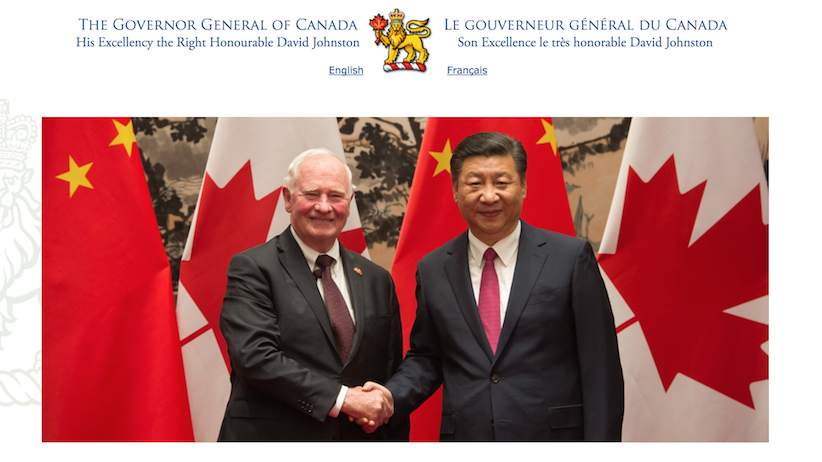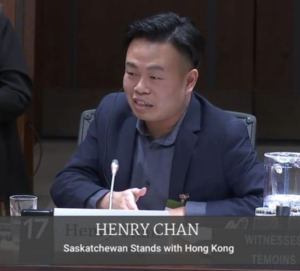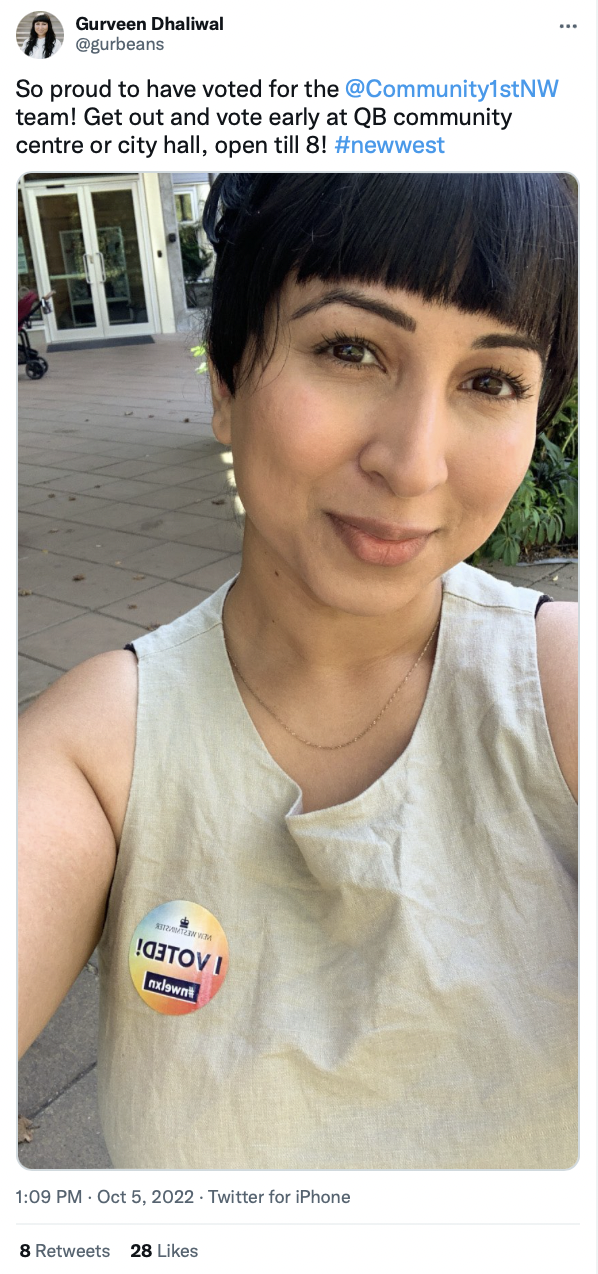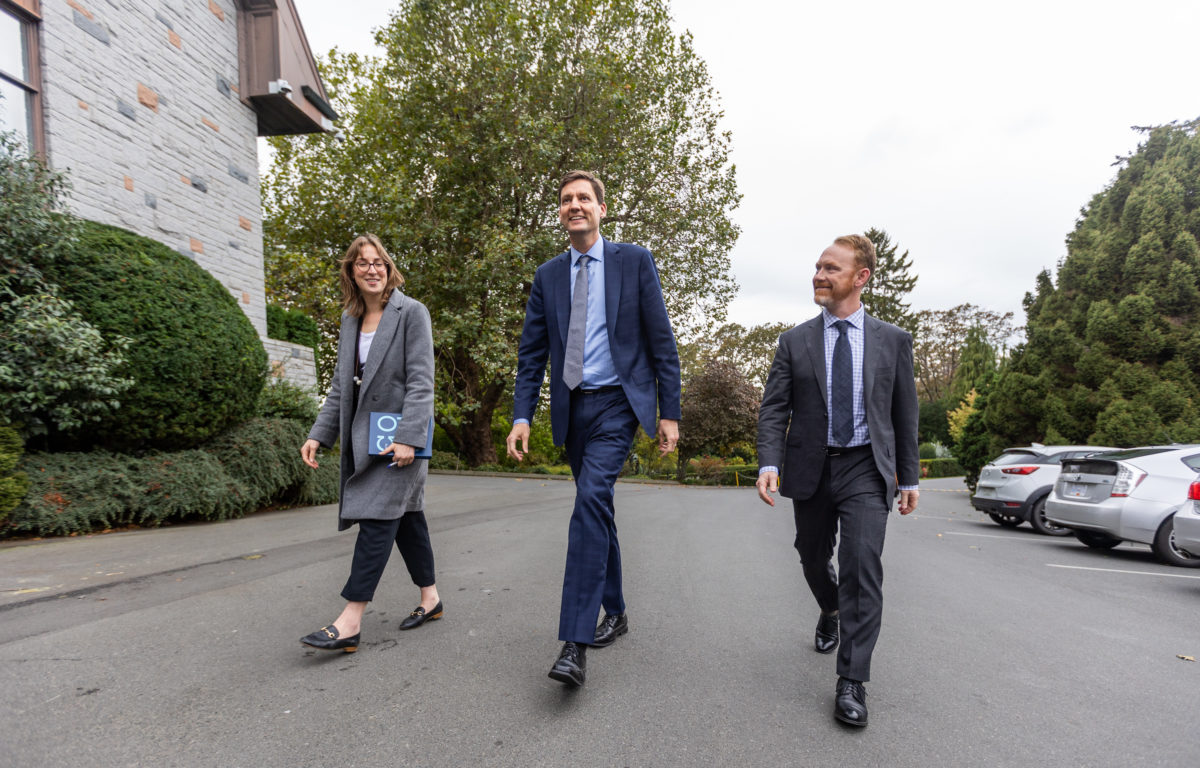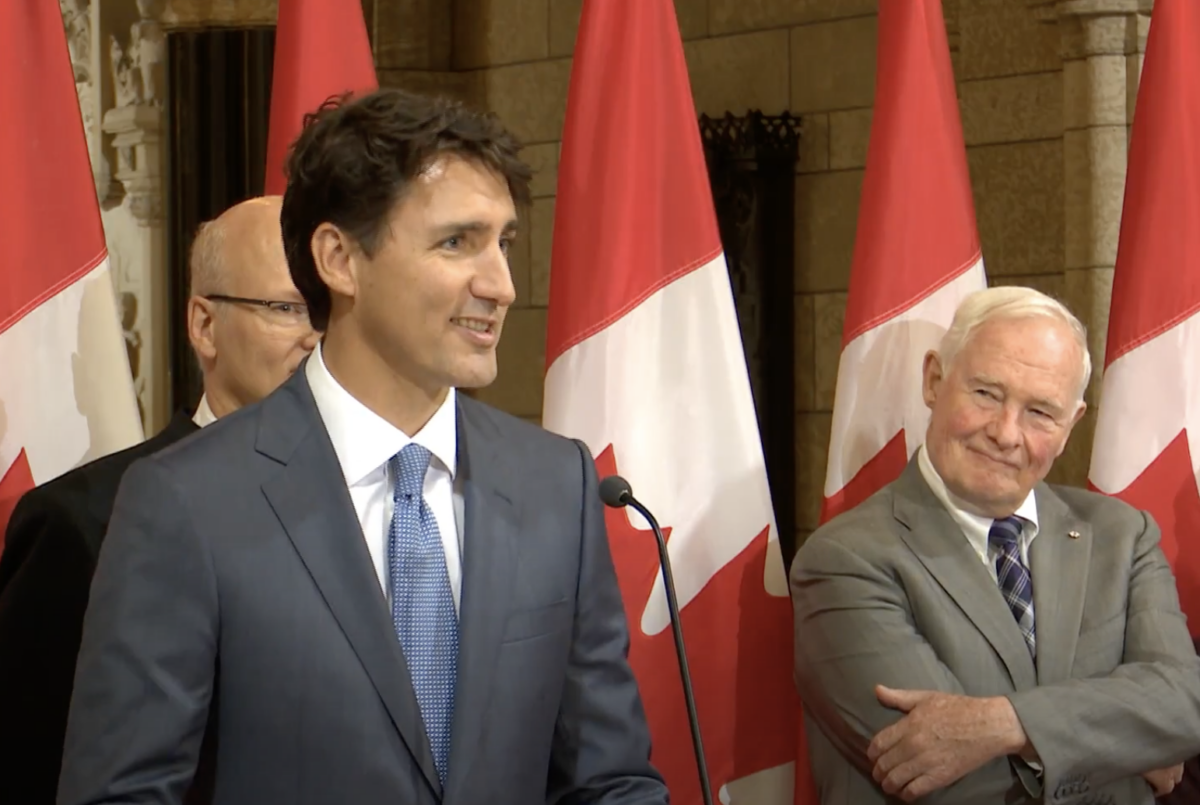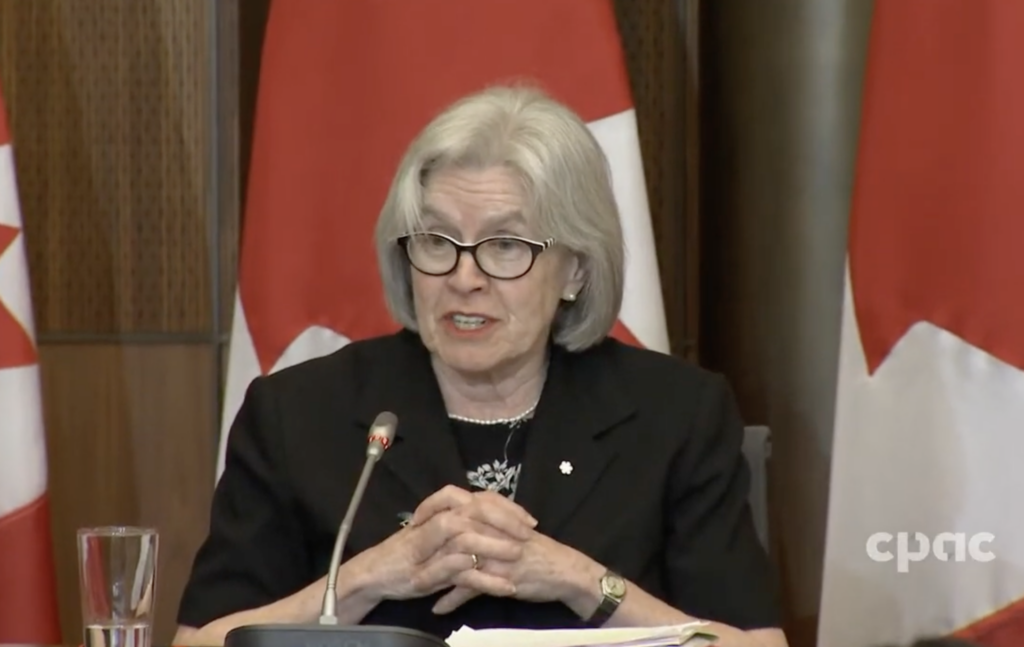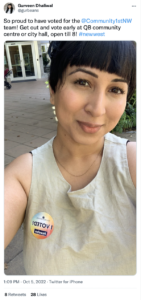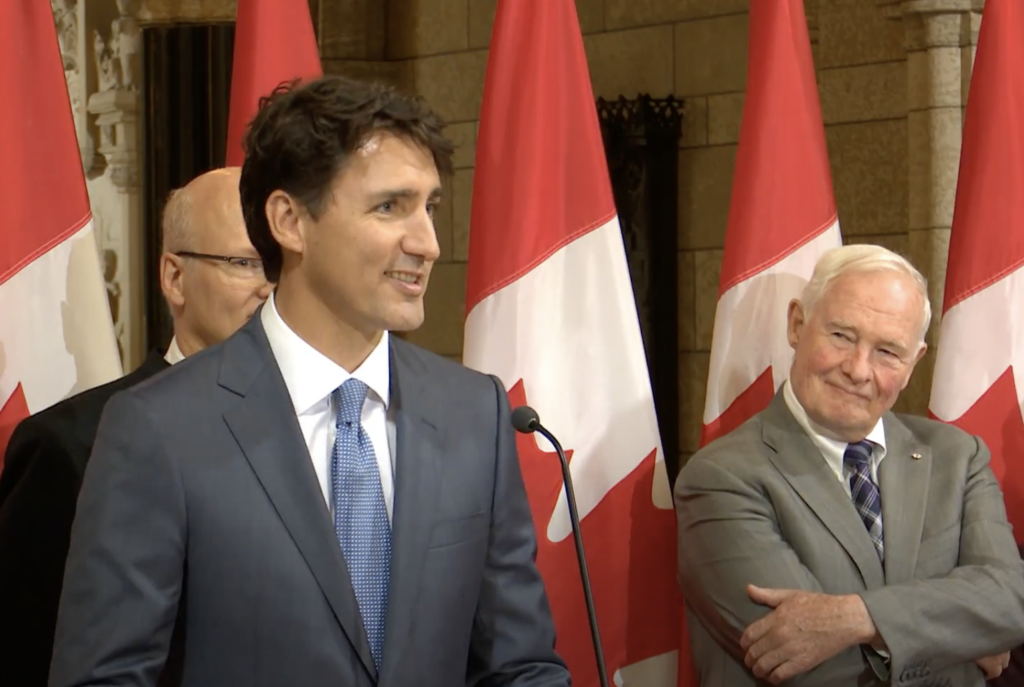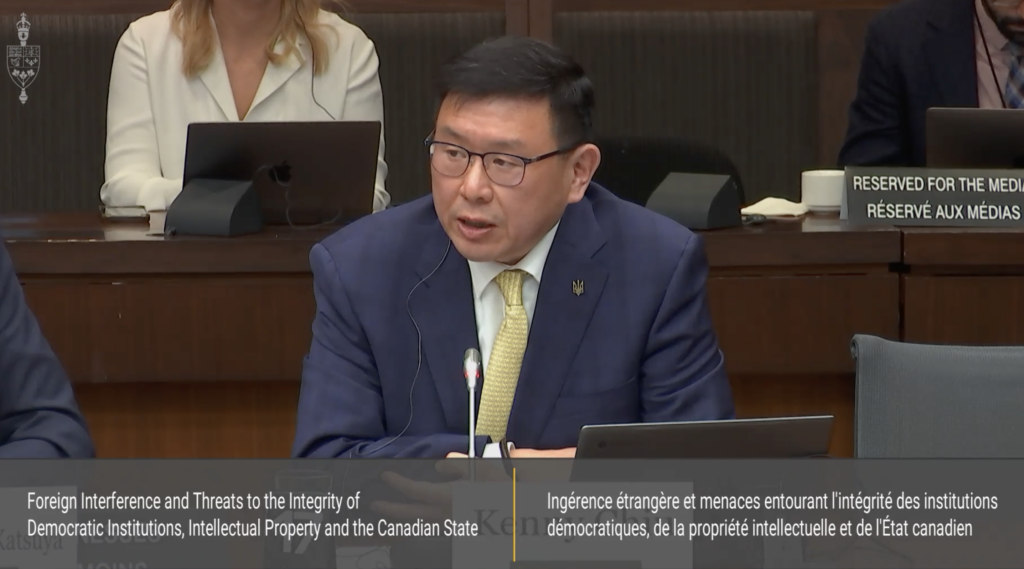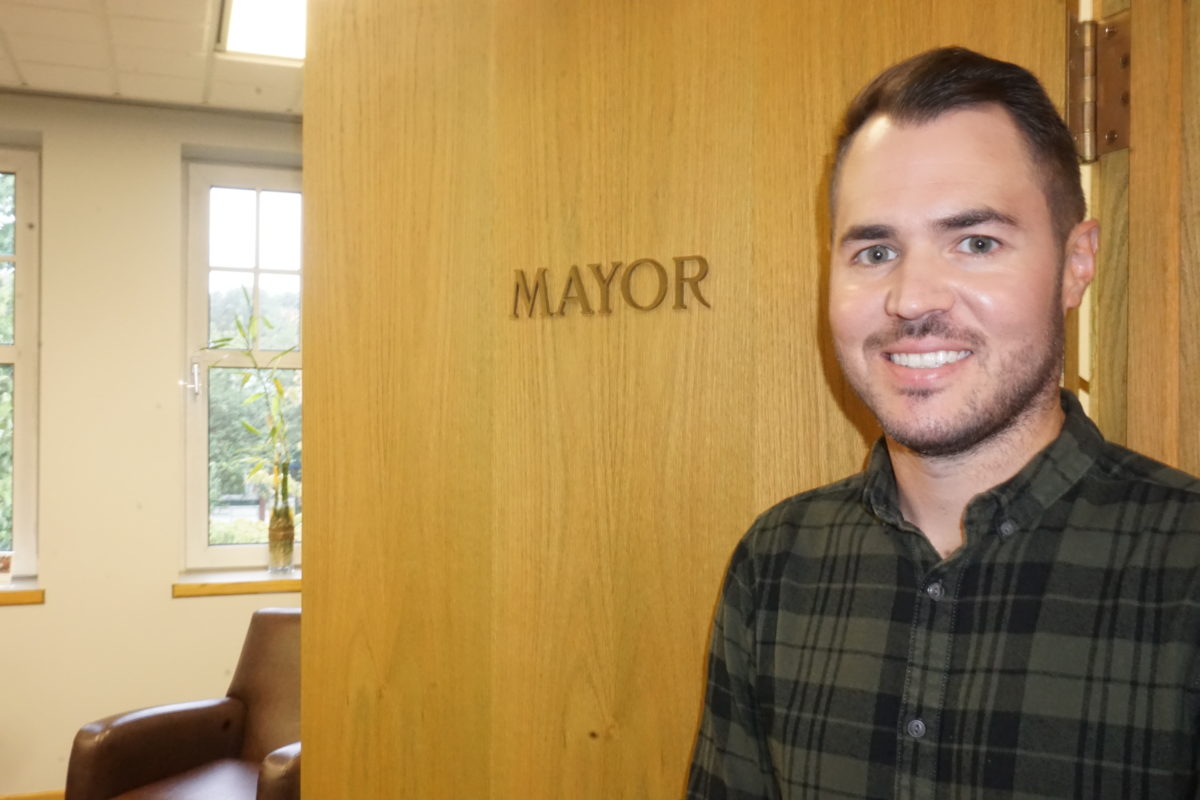B.C. Auditor General evades questions about monitoring spending on 2026 World Cup
Bob Mackin
At somewhere around a quarter-of-a-billion-dollars, hosting part of the FIFA World Cup 26 in Vancouver will be the most-expensive event to promote B.C. tourism since the Vancouver 2010 Winter Olympics.
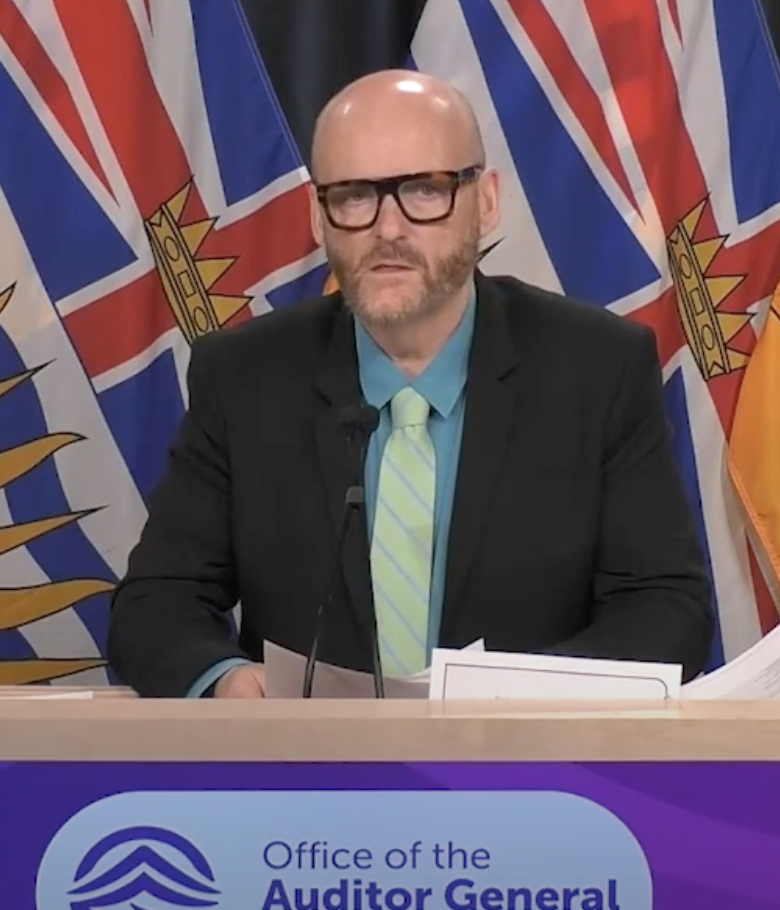
B.C. Auditor General Michael Pickup (OAG/YouTube)
In the years before the “games of ice and snow,” the Office of the Auditor General regularly identified risks to B.C. taxpayers and gauged spending on construction and operations.
Is the current Auditor General, Michael Pickup, thinking of doing the same before the biggest soccer tournament in history comes to B.C.?
During a May 30 news conference in Victoria about his audit of $41 million of community tourism grants, a reporter asked Pickup whether he would examine World Cup spending over the next three years.
Pickup said his office is always “keeping an eye to new programs where significant expenditures are occurring,” but chooses its targets.
“If you look at government as being a 70 billion-plus organization, and our capacity to do X number of performance audits a year, clearly, it goes without saying, that we can’t be everywhere doing everything,” Pickup said.
Pickup was pressed further, about how his predecessors followed the Olympic money, and asked whether he is concerned about the lack of transparency and the risk of fraud around the next mega-event. Instead of a direct answer, he launched into a lengthy commentary about the variety of work produced by his office, especially around pandemic spending and government-wide fraud surveys.
“As I hit three years in this job at the end of July, we will at that point have tabled 32 reports in the three years, that’s close to 11 a year,” Pickup said. “That’s a huge volume of work, that the people in our office should be proud of having been able to achieve during a period of COVID, during a pandemic.”
He went on to say “Independence has never been an issue here, and nor is access to things that we need.”
“I have no concerns that if there’s something that we want to audit, and we make that decision based on our analysis of the environment to select a topic, we will share that in due course with folks, and that we will get what we need to be able to do that,” Pickup said.
Previous Auditors General Wayne Strelioff, Arn van Iersel and John Doyle each reported on Vancouver 2010 spending. Their reports included concerns about construction inflation, foreign exchange rate fluctuations, medical and security costs, and the size of the province’s contingency.
In 2008, the Great Recession hit. Sponsors cut back, so governments came to the rescue with bailouts.
By the time it wound-up in 2014, VANOC, the Vancouver Olympic organizing committee, claimed it balanced a $1.9 billion operations budget.

FIFA’s 2026 World Cup logo for Vancouver (FIFA)
The Games were believed to have cost as much as $8 billion to build and operate.
Doyle never did a post-Games audit, the freedom of information law did not apply to VANOC and it shifted all of its files to the Vancouver Archives under the condition that board minutes and detailed financial reports be locked away from the public until the fall of 2025.
At least five World Cup matches are coming to B.C. Place Stadium in June 2026. But the freedom of information offices at the Ministry of Tourism, Arts, Culture and Sport, B.C. Pavilion Corp., and Vancouver city hall have refused to release copies of the hosting proposal to FIFA, host city contract with FIFA and business plan.
Almost a year ago on June 16, 2022, when Vancouver was named among the 16 host cities in Canada, U.S. and Mexico, the province said it would cost $240 million to $260 million. In January, it said Vancouver city hall was responsible for $230 million and gave it power to levy a 2.5% tax on accommodations until 2030. Security and safety, at $73 million, is the biggest anticipated cost.
The province has not revealed how much it plans to spend at B.C. Place, which will need a temporary grass pitch. New broadcasting facilities and expansion of luxury suites are being discussed internally.
Additionally, the Pacific National Exhibition is aiming to build its $65 million amphitheatre in time to be the centrepiece of the city’s $20 million FIFA fan festival party zone.
All of this spending to subsidize the Zurich-headquartered FIFA, which reported record gross revenue of US$7.6 billion for the 2019 to 2022 cycle and forecast US$11 billion for the 2023 to 2026 period.
Sports economist Victor Matheson’s “Mega-Events: The Effect of the World’s Biggest Sporting Events on Local, Regional, and National Economies” report found large sporting events tend to supplant, rather than supplement, the regular tourist economy.
“In other words, the economic impact of a mega-event may be large in a gross sense but the net impact may be small,” Matheson concluded.
Support theBreaker.news for as low as $2 a month on Patreon. Find out how. Click here.
Bob Mackin At somewhere around a quarter-of-a-billion-dollars, hosting






